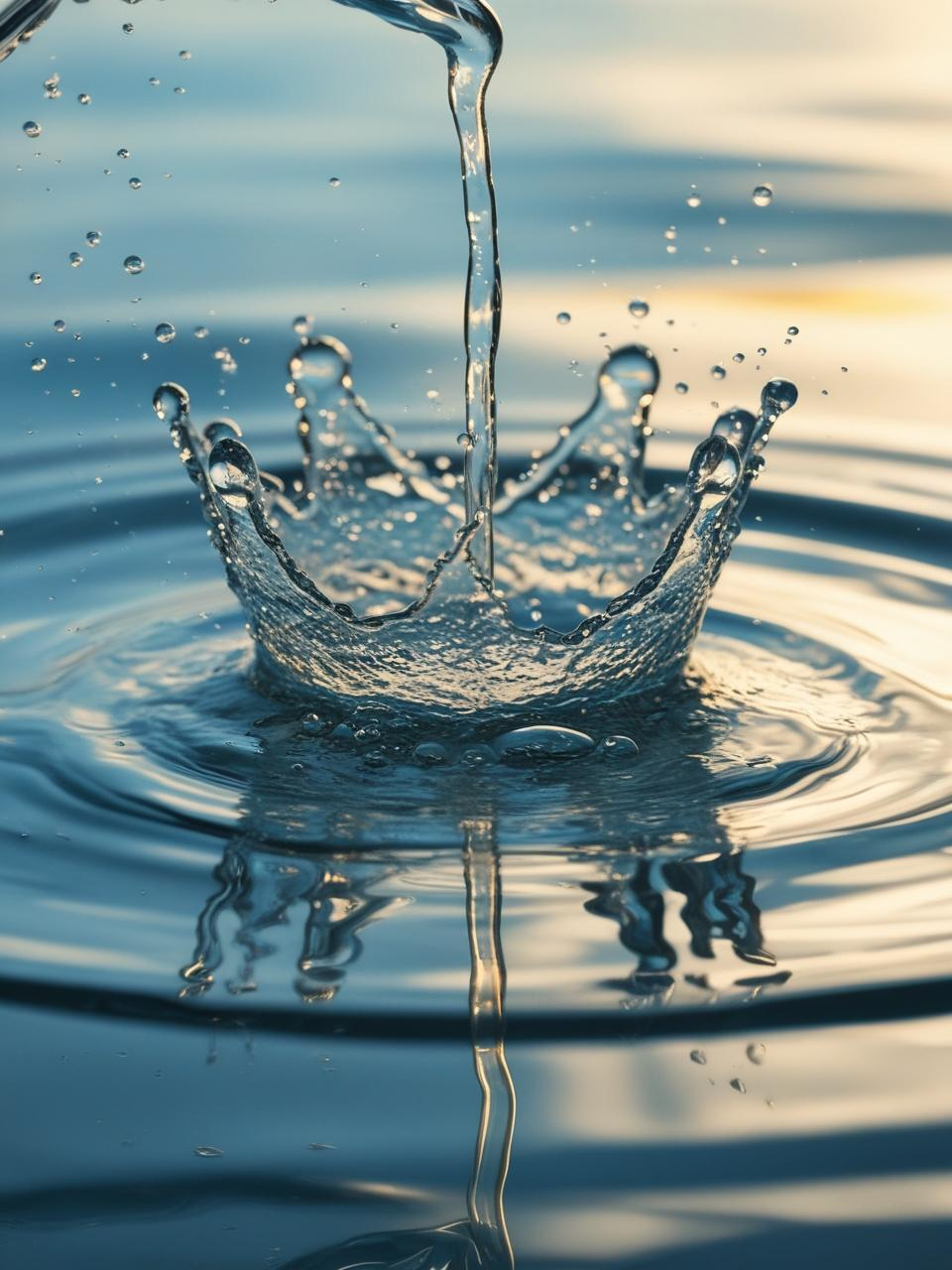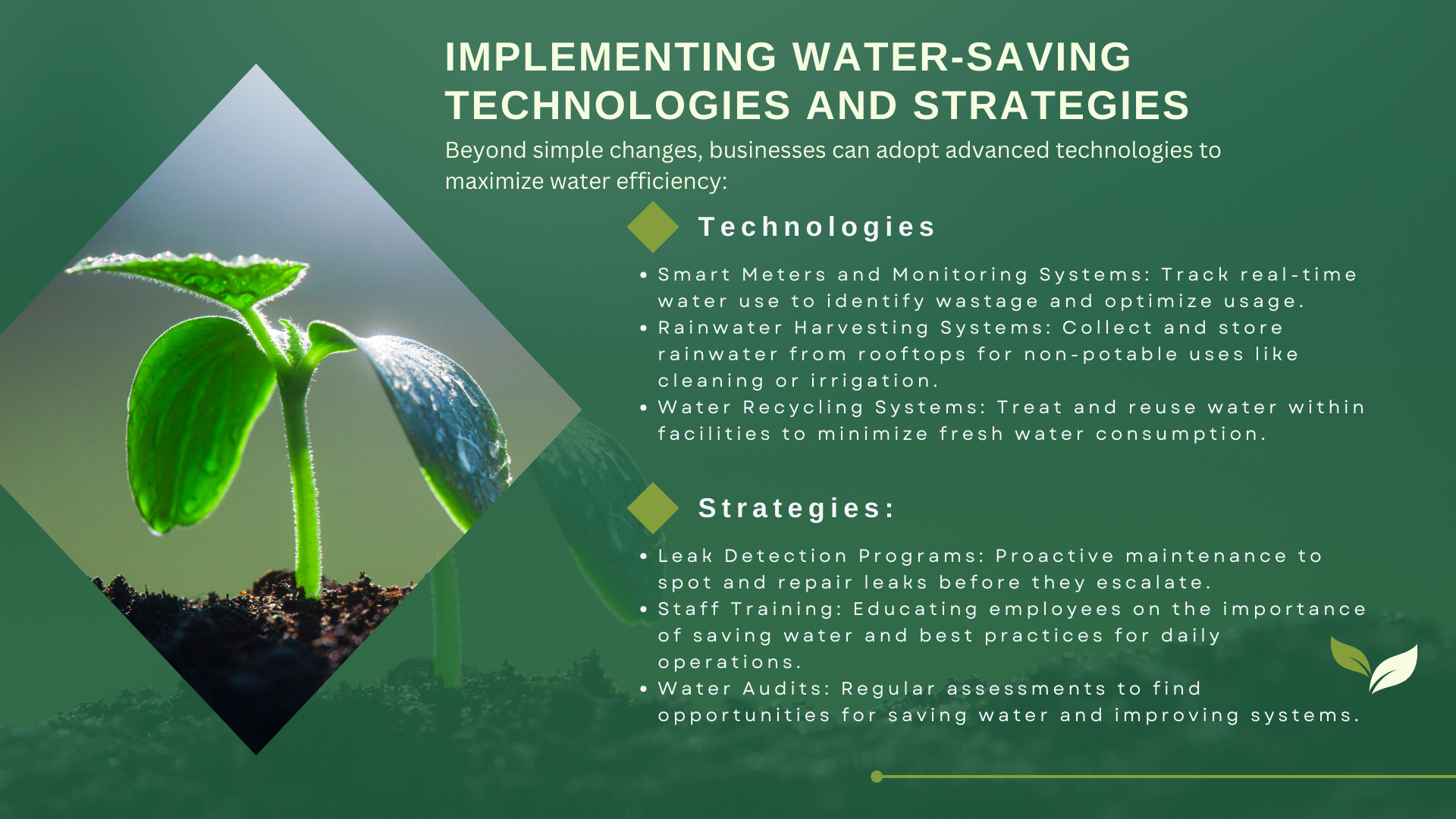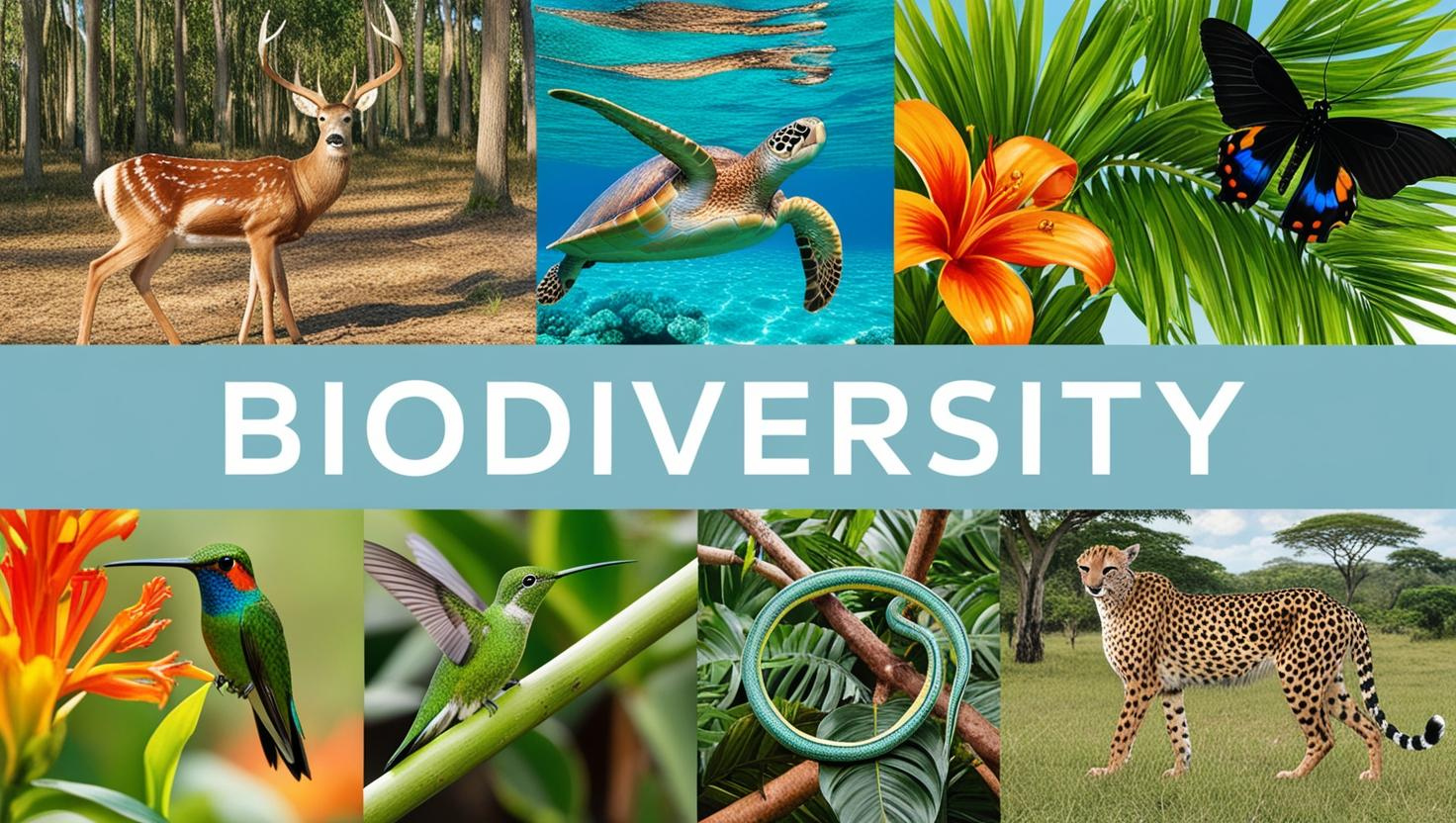Water Management & Biodiversity Preservation
Protecting Our Planet, Preserving Our Future
At Zsustainability, we believe that protecting natural resources is essential for creating a thriving, sustainable future. Through innovative water conservation strategies and impactful biodiversity conservation projects, we help businesses make a real difference — for the planet, for communities, and for generations to come.

Practical Water-Saving Actions:
Install Low-Flow Fixtures: Use low-flow faucets, toilets, and showerheads to significantly reduce water use without compromising performance.
Fix Leaks Quickly: Even a small leak can waste thousands of liters over time. Prompt repairs prevent this loss.
Use Recycled Water: Implement greywater systems to reuse treated water for cleaning, landscaping, or industrial processes.
Smart Irrigation Systems: Install smart systems that water gardens only when needed based on soil moisture and weather conditions.
Water Conservation: Using Water Wisely
Water conservation means using water efficiently and avoiding unnecessary waste. It’s one of the simplest yet most powerful ways businesses can contribute to sustainability.

Real-World Example
A hotel chain installs water-efficient showerheads and reuses treated wastewater for garden irrigation — saving thousands of liters every month and reducing their water bills dramatically.

A manufacturing company installs a closed-loop system to recycle water used for cooling machinery.
➔ Result: 50% reduction in water consumption and significant cost savings on utility bills.

Biodiversity Conservation: Protecting Life on Earth
Biodiversity represents the variety of life — from tiny insects to giant forests — and maintaining it is critical for a healthy planet.
Conserving biodiversity means actively protecting species, habitats, and ecosystems that are at risk due to human activities, pollution, and climate change.
How Companies Can Support Biodiversity:
Habitat Restoration: Supporting tree planting projects or restoring degraded ecosystems.
Sustainable Construction: Avoiding building in ecologically sensitive areas and minimizing habitat disruption.
Partnerships with NGOs: Collaborating with environmental organizations to implement conservation programs.
Creating Green Spaces: Leaving undeveloped green zones around offices, plants, and factories to support local wildlife.
Real-World Example:
A company builds a new facility but preserves large portions of surrounding land, planting native trees and creating wildlife corridors to support local bird and insect populations.

Biodiversity Conservation Projects Aligned with Global Goals
Our biodiversity projects are designed to directly support key United Nations Sustainable Development Goals (SDGs):
SDG 14: Life Below Water – Protecting oceans, coral reefs, and marine life from pollution and overexploitation.
SDG 15: Life on Land – Conserving forests, wetlands, and endangered species, promoting healthy ecosystems.
Examples of Biodiversity Conservation Projects:
Planting Native Trees: Reforestation to rebuild natural habitats.
Protecting Endangered Species: Setting up protected areas or breeding programs.
Restoring Coral Reefs: Reviving marine ecosystems essential for ocean health.
Pollution Control Initiatives: Reducing chemical runoff and plastic waste in ecosystems.
Real-World Example:
A company collaborates with a local NGO to plant 10,000 mangrove trees along coastal areas.
Mangroves not only protect against flooding but also provide critical habitats for fish and marine species — supporting both SDG 14 and SDG 15.
